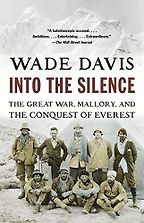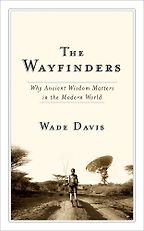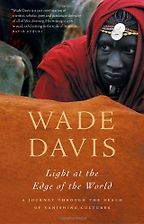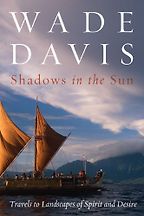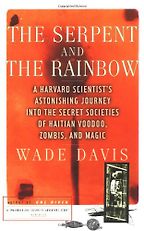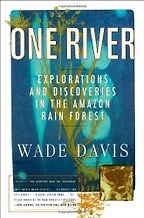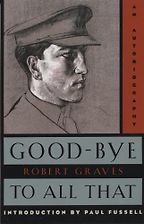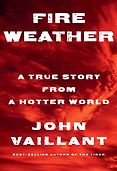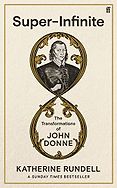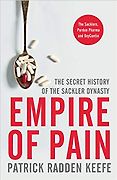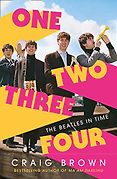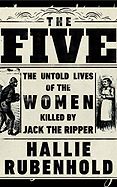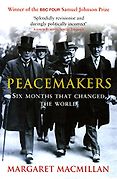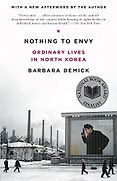
Books by Wade Davis
Wade Davis is explorer-in-residence at the National Geographic Society in Washington DC. He is the author of 15 books, most recently Into The Silence: The Great War, Mallory and the Conquest of Everest. In 2009, he received the Gold Medal from the Royal Canadian Geographical Society and he is the 2011 recipient of the Explorer’s Medal, the highest award of the Explorers Club
Into the Silence: The Great War, Mallory and the Conquest of Everest
by Wade Davis
🏆 Winner of the 2012 Baillie Gifford Prize for Non-Fiction
☆ Shortlisted for the 2023 Winner of Winners Prize, which aims to pick out the best nonfiction book of the past 25 years
Wade Davis's account of the race to the top of Everest puts the daredevil activities of the climbers into their proper context, viewing Mallory and his team's doomed attempt as a response to the heroic futility of their experiences the First World War.
Interviews with Wade Davis
The best books on Legacies of World War One, recommended by Wade Davis
The explorer and author of Into the Silence, Wade Davis, tells us that the consequences of the Great War were much more than merely political. He says the war had a noticeable impact on exploration, arts and literature, and modernity itself.
Interviews where books by Wade Davis were recommended
-

1
Question 7
by Richard Flanagan -

2
Fire Weather: A True Story from a Hotter World
by John Vaillant -

3
Super-Infinite: The Transformations of John Donne
by Katherine Rundell -

4
Empire of Pain: The Secret History of the Sackler Dynasty
by Patrick Radden Keefe -

5
One Two Three Four: The Beatles in Time
by Craig Brown -

6
The Five: The Untold Lives of the Women Killed by Jack the Ripper
by Hallie Rubenhold
Baillie Gifford Prize-Winning Nonfiction Books
Baillie Gifford Prize-Winning Nonfiction Books
It's a prize that has been awarded annually since 1999 to a book that speaks to an important issue but is also highly readable. Below you'll find all the winners of the Baillie Gifford Prize, the UK's most prestigious non-fiction book award—from a gripping account of a turning point in World War II to a terrifying forest fire in an oil town in Canada.
-

1
Peacemakers: Six Months That Changed the World
by Margaret MacMillan -

2
1599: A Year in the Life of William Shakespeare
by James Shapiro -

3
Nothing to Envy
by Barbara Demick -

4
Empire of Pain: The Secret History of the Sackler Dynasty
by Patrick Radden Keefe -

5
Into the Silence: The Great War, Mallory and the Conquest of Everest
by Wade Davis -

6
One Two Three Four: The Beatles in Time
by Craig Brown
The Best Nonfiction of the Past Quarter Century: The Baillie Gifford Prize Winner of Winners, recommended by Sophie Roell
The Best Nonfiction of the Past Quarter Century: The Baillie Gifford Prize Winner of Winners, recommended by Sophie Roell
“All the best stories are true” runs the tagline of the Baillie Gifford Prize for Non-Fiction, the UK’s pre-eminent nonfiction book award. This year, to celebrate the prize’s 25th birthday, a panel of judges picked out books for a winner of winners award, making for an excellent collection of nonfiction books from the last quarter of a century, as Five Books editor Sophie Roell explains.
